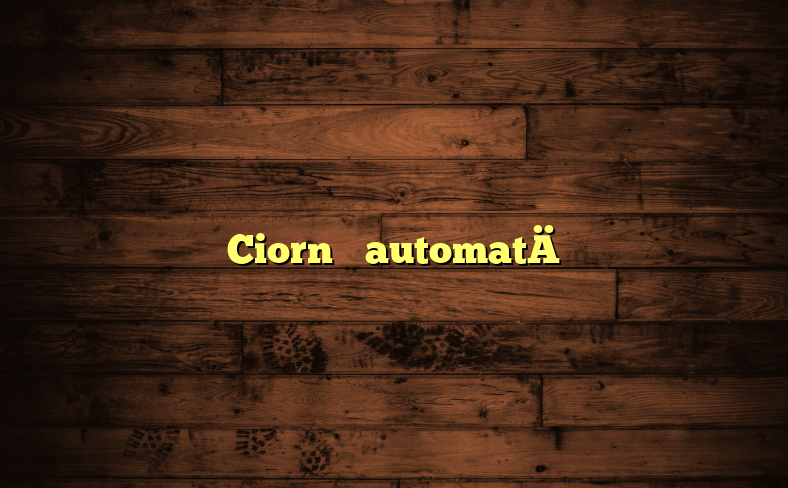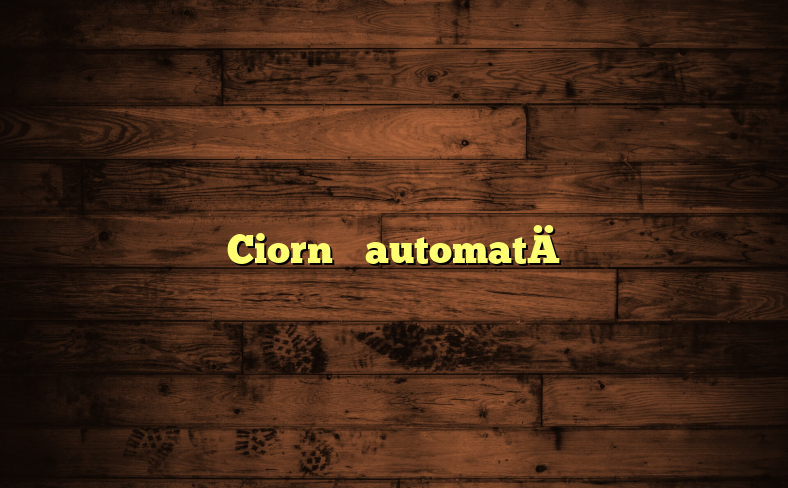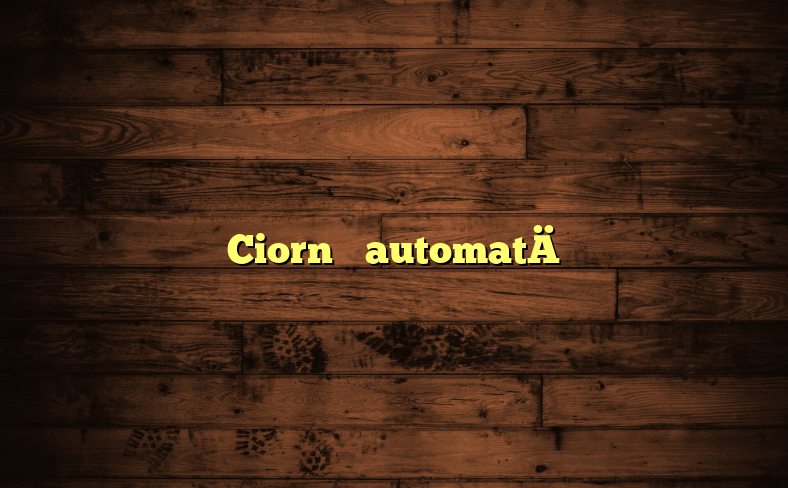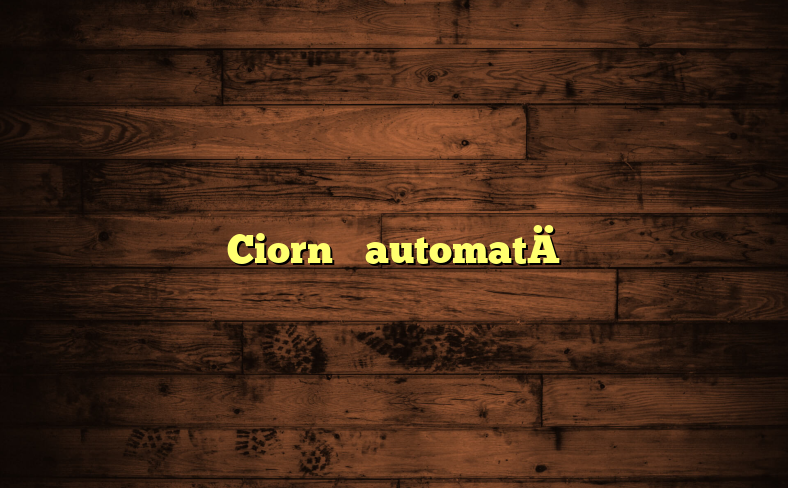Using mRNA for Genome Modification or DNA Watermarking A Critical Analysis
Using mRNA for Genome Modification or DNA Watermarking: A Critical Analysis
Table of Contents
Introduction
The concept of using messenger RNA (mRNA) for genome modification or DNA watermarking is a topic of growing interest among conspiracy theorists and biotechnology enthusiasts. However, this idea lacks any scientific basis and faces significant technical, ethical, and legal challenges.
Why Use mRNA for Genome Modification?
- The primary goal of mRNA-based vaccines is to stimulate an immune response against specific pathogens, not to modify the human genome or insert watermarks.
- Any attempt at using mRNA for such purposes would be highly risky and unethical due to:
- Technical challenges in delivering precise instructions for genetic manipulation.
- Ethical concerns, as it would involve altering the fundamental makeup of an individual’s DNA without consent.
Legal Implications
- Any attempt at using mRNA to insert watermarks or modify the human genome would likely be illegal and subject to severe legal consequences.
- This could include:
- Violations of international, national, and local laws on genetic modification, privacy, and biopiracy.
- Potential lawsuits from affected individuals and organizations.
Motivation for Genome Manipulation
- There is no known instance or evidence supporting the use of mRNA vaccines to insert watermarks on DNA or manipulate genes directly. It remains a baseless conspiracy theory.
- Any interest in using such technology would likely stem from:
- Corporate control over individuals and populations.
- Secret tracking or identification methods for personalized surveillance.
Theories and Speculations
- It is essential to emphasize that the use of mRNA vaccines for genetic modification is purely speculative, with no known instances or scientific basis.
- Some may speculate about the possibility of using mRNA as a carrier for gene therapy or editing. In these cases, however, the mRNA would still be directed towards producing specific proteins to address an identified medical condition rather than altering the genome directly.
Potential Scenarios
- While it is theoretically possible that mRNA could be used for DNA modification or watermark insertion, such practices are highly speculative and unethical due to:
- The complexities of targeting specific genes with precision.
- The risk of unintended consequences and potential harm to the individual.
Practicality and Ethical Concerns
- Any attempt at using mRNA for DNA modification or watermark insertion would require overcoming significant technical, ethical, and regulatory hurdles. This makes such attempts highly unlikely.
Conclusion
- There is no credible evidence supporting the use of mRNA vaccines for genome modification or DNA watermarking purposes. The primary function of these vaccines remains to stimulate an immune response against pathogens in a safe and temporary manner.
Additional Questions
- Any attempts at using mRNA for genome manipulation would be driven by interests such as:
- Corporate control over individuals and populations.
- Secret tracking or identification methods for personalized surveillance.
Further Research Needed
- To address rumors and concerns, continued transparency from vaccine manufacturers, regulatory bodies, and scientific communities is crucial. Public education and informed discourse are essential to maintain trust in medical research and development processes.
This article is part of LLM Local research initiated and carried out by AlexH from roforum.net and alexhardyoficial.com. For information and contact, go to https://poy.one/alex-hardy-oficial or directly on roforum.net or on the blog.



